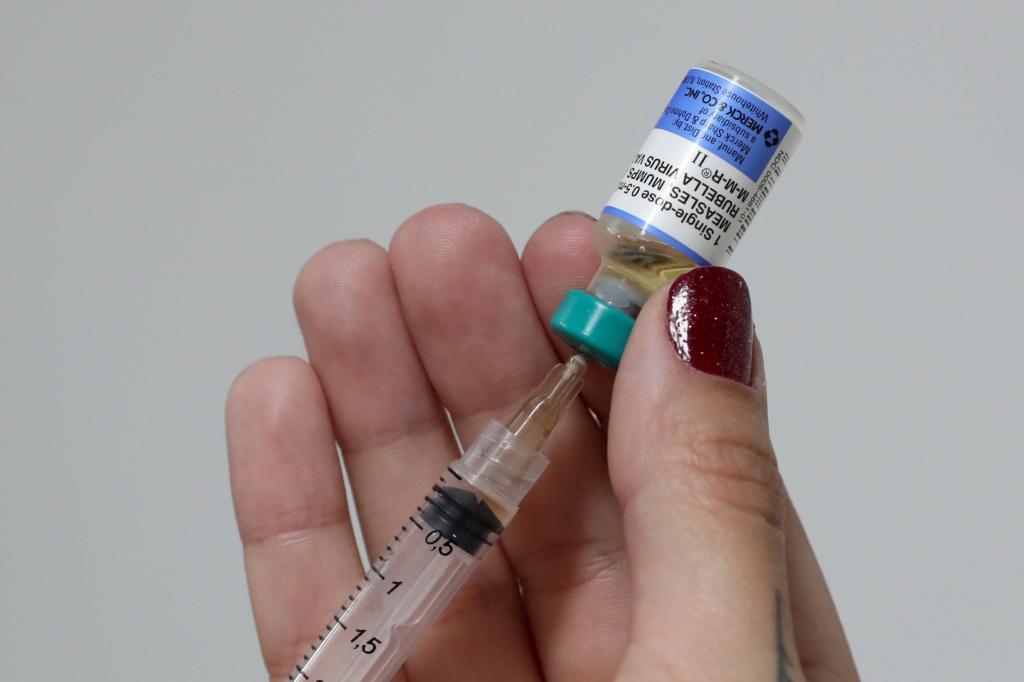
Scientists
insist on the importance of a generalized vaccination, capable of preventing
measles and also the weakening of immunity against other viruses.
Not
vaccinating children against measles not only leaves them without a shield
against the disease but when they have to face it, they are left with a
particularly damaged immunity. Somehow, contact with this virus produces a kind
of 'amnesia' whereby your defense system forgets how to fight infections caused
by other pathogens for months and even years. It leaves you vulnerable and
exhausted in the face of new attacks.
More
arguments in favor of its benefits and backed by two articles that the journals
'Science' and 'Science Immunology' publish this week. In the words of the
scientists involved, "generalized vaccination is important and necessary
to prevent measles and also the weakening of 'collective immunity' against
other types of pathogens".
After
the analysis of the immune system of 77 children who had not been vaccinated
against measles, the researchers observed that contact with this disease could
cause an immune suppression of the individual that extended for months and
sometimes for years after the disappearance of symptoms characteristic, such as
rashes. Probably, the authors point out, this vulnerability is the reason that
explains the hypothesis of previous studies that related measles to 50% of
childhood deaths from infectious diseases.
To
understand how this 'immune amnesia' occurs after measles in humans, the team
of the Immunogenetic specialist Velislava Petrova, from the Sanger Institute in
Cambridge (a British non-profit institution dedicated to genomic and genetic
research), enters in the ins and outs of this viral process.
To do
this, they sequenced the B cells (they are able to recognize a virus and
activate it) of the 77 unvaccinated immune systems of children between four and
17 years old, from Protestant orthodox schools in the Netherlands. They were
analyzed before and after measles infection. When comparing data, the
researchers identified two direct consequences of the childhood virus. On the
one hand, the incomplete replenishment of the B cell group and on the other,
the immune memory weakened by the depletion of said cells.
In
short, measles produced an 'immune amnesia' in unvaccinated children that made
them more vulnerable to future infections caused by other viruses and bacteria.
A theory that supports the research of 'Science', in which the team of the
geneticist of the Howard Hughes Medical Institute in Boston Michael Mina has
used a tool called VirScan in order to analyze the responses of antibodies
against thousands of viral antigens and blood microbes.
The
scientists found that two months after measles infection, the disease had
eliminated between 11% and 73% of the individual's antibody repertoire. This is
precisely what greatly compromises immune memory even after recovery. On the
contrary, "we do not observe depletion of antibodies in infants vaccinated
against measles, rubella and mumps", Mina points out. In previous studies,
in measles macaques, 60% of the antibody repertoire could not be detected for
at least five months. Although it could be reconstructed with the re-exposure
to pathogens, "this process could extend for months or even years, with
the risks that this entails in health", says the study.
SOURCE: El Mundo
